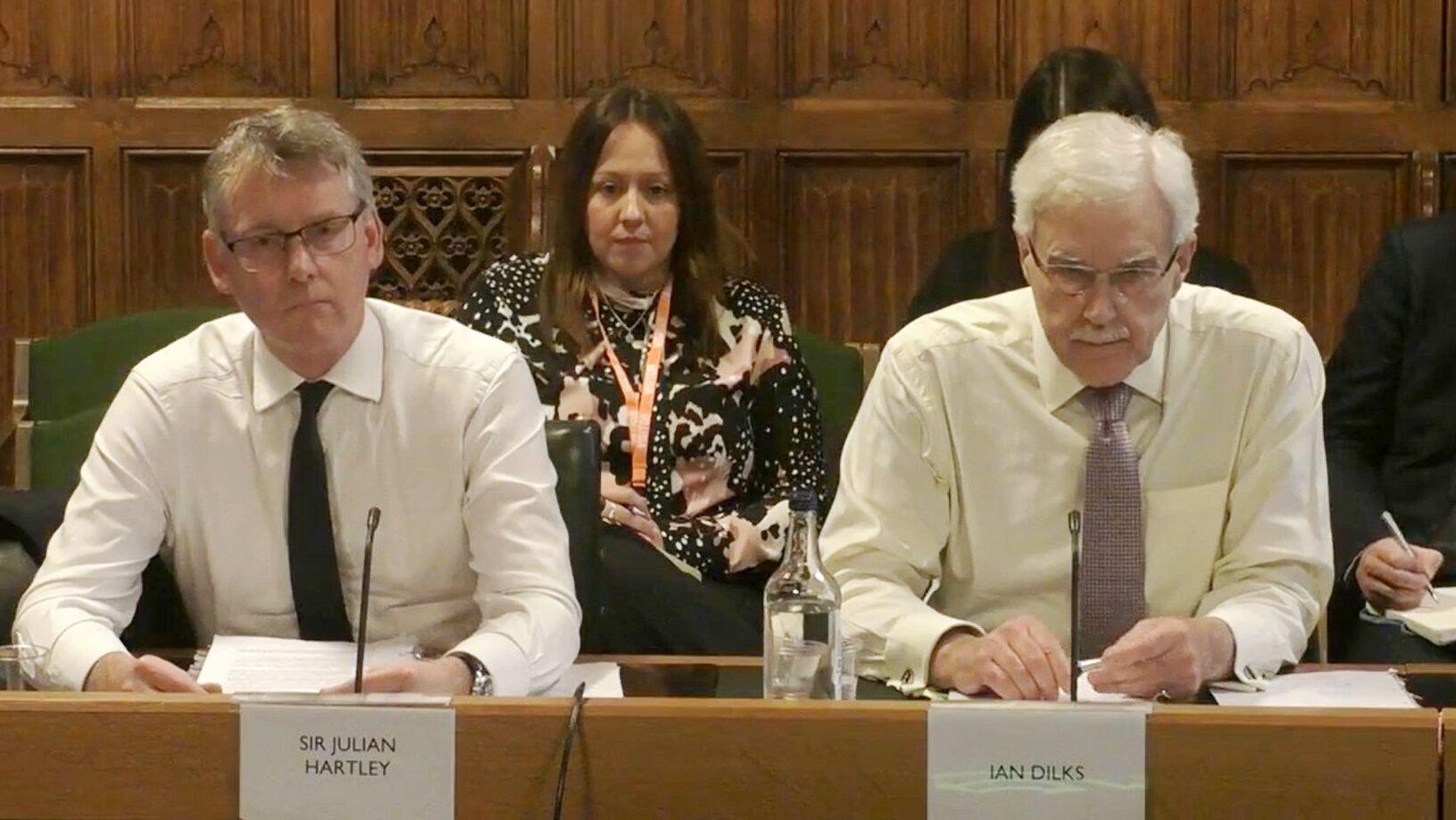Time to end “dysfunctional” pay system for top managers
MiP has called for a new deal for top managers in NHS national bodies, after most said they want to leave within three years.

MiP has called for the Senior Salaries Review Body to assert control over the “dysfunctional” pay system for very senior managers (VSMs) in arm’s-length NHS bodies in England. In its evidence for the SSRB’s 2016 report, the union also urged the review body to reject proposals to target the 1% pay award at some staff, rather than paying it across the board.
The review body is expected to report in June – which may mean pay rises will be backdated to April – on the pay of around 400 VSMs working for bodies such as NHS England, Health Education England and Commissioning Support Units. It does not cover managers on Agenda for Change or senior executives working for trusts or CCGs, although some ambulance trusts are included.
MiP presented the results of its latest survey of VSMs, which showed that 53% of respondents did not know whether their pay was determined by the ‘new’ pay framework, the 2006 framework or some other arrangement. Two-thirds did not know how their individual salary had been worked out. “There is no pay determination for VSMs,” said one participant. “The salary people started on is the same as it is now.”
MiP urged the review body to help develop a new pay framework that would “foster an open, accountable approach to pay decisions” in consultation with staff, employers and unions. “There is a pressing need to ensure the recruitment, retention and motivation of VSMs in arms-length bodies by creating a longer term, sustainable approach to their pay,” said the union.
MiP chief executive Jon Restell said: “The short-term, ad-hoc approach to VSM pay, together with the ongoing pay freeze, have undermined recruitment and retention for this small but important group of members. Our survey shows many senior managers are thinking of leaving their organisations, so it’s vital the review body gets a grip on the dysfunctional pay system, beginning with this year’s pay round.”
The survey found that only 22% of VSMs expected be still working in the same organisation in three years’ time, and around a third planned to leave the NHS altogether. “There is a clinical and managerial brain drain in progress,” added one respondent. “Only by addressing the issue of pay will this be reversed without making a conscious and public decision to lower standards.”
Several respondents warned that pay levels were deterring clinicians from getting involved with management at national level, a key goal of recent reforms. “It will be very difficult to recruit senior doctors on the salary offered,” said one.
Following a three-year pay freeze, the Treasury has capped increases in the VSM paybill at 1% for the next four years and urged employers to target increases at small groups of staff – for example, where there are recruitment and retention problems.
Calling on the SSRB to pay the 1% increase across the board, MiP said: “We do not accept that there is any case for targeting the 1%, especially next year, given the pay freeze and the relatively small sum available.” It highlighted survey findings that a third of VSMs had seen their pay fall last year, while only 10% had received a pay rise.
The survey also showed that two-thirds of respondents wanted employers to allocate the full bonus pot available under the pay framework. “We accept and indeed share the concerns about the use of bonuses but in the present climate of pay restraint we believe the system should be used to its fullest extent, until change can be made,” MiP told the review body.
Over half (55%) of survey respondents considered themselves to have a poor work/life balance, while 63% said they worked more than 48 hours a week on average. One manager in seven said they had experienced bullying from their line manager or another colleague during the last 12 months.
The survey did contain some brighter news: 83% said they had received an effective appraisal during the last year, and 82% would still recommend a career in healthcare management to their family or friends.
Related News
-

Regulating the managers: more questions than answers
The Labour government’s plans for regulating NHS managers are still shrouded in mystery, and the three options on the table each have their pros and cons. Rhys McKenzie weighs up the choices and gauges the views of MiP members on the best way forward.
-

The inspector falls: why the CQC needs a fresh start
After years of chaos, the Care Quality Commission urgently needs to rebuild trust and credibility with the public and the services it regulates. What needs to change and what are the priorities for new boss Sir Julian Hartley? Alison Moore reports.
-

Voice, value and vision: what analysts need from the NHS
Data analysts play a vital role in an NHS which is increasingly data-driven and focused on public health trends. But the NHS faces fierce competition for skilled analysts and many feel the health service fails to value them or fully use their talents. Alison Moore reports.